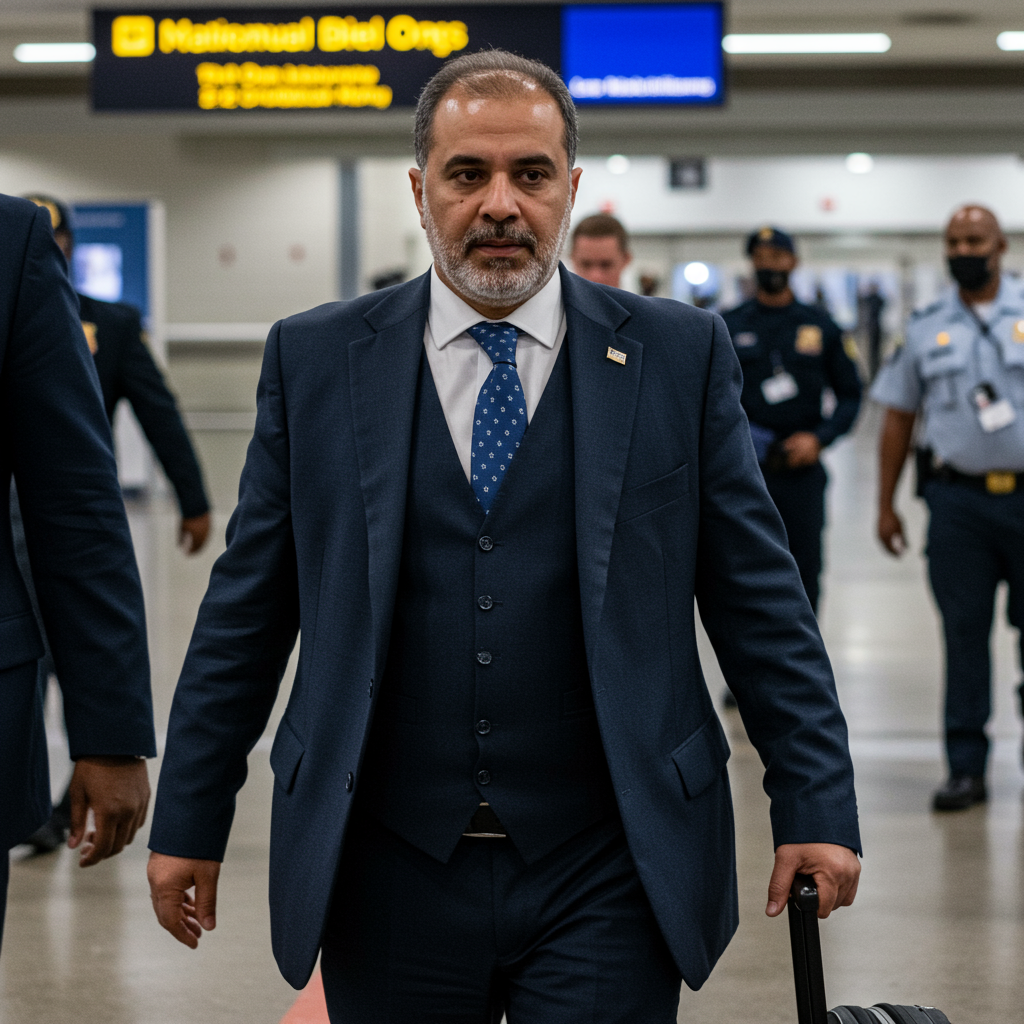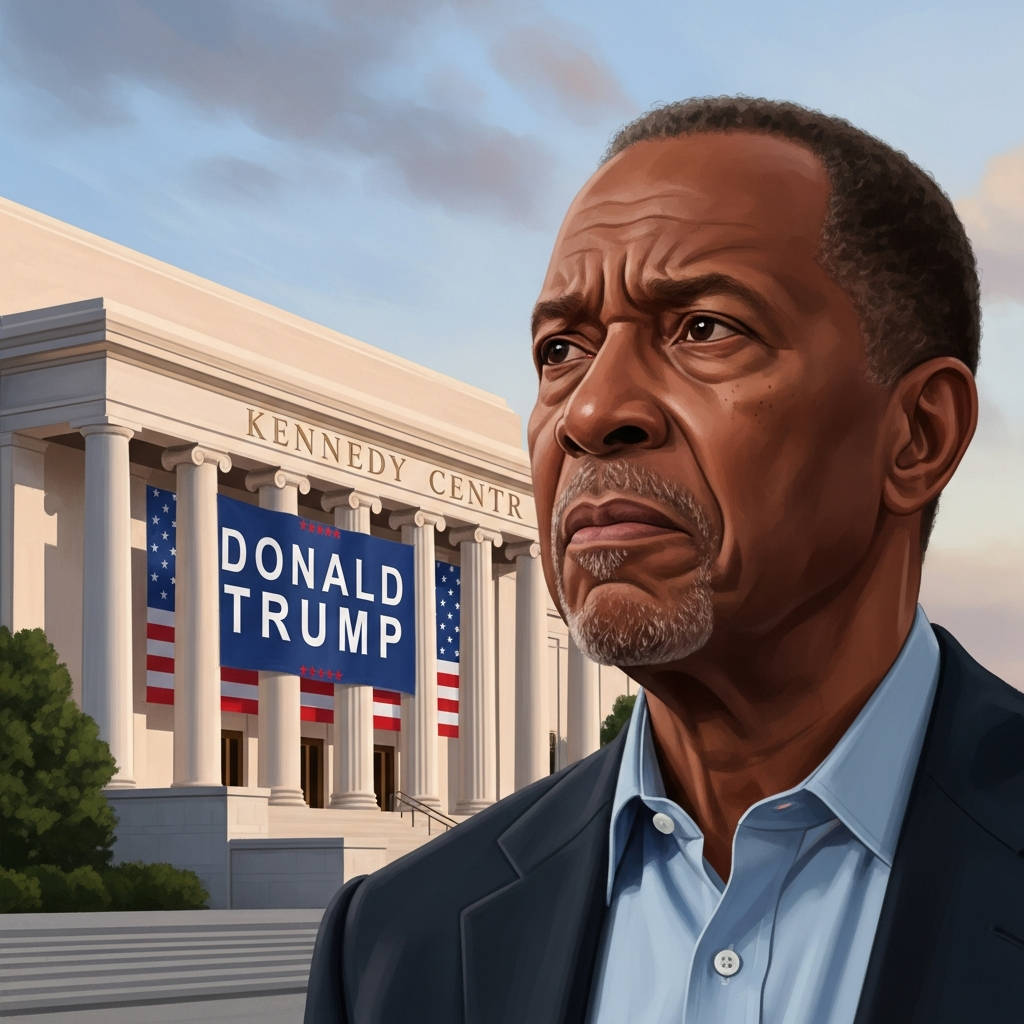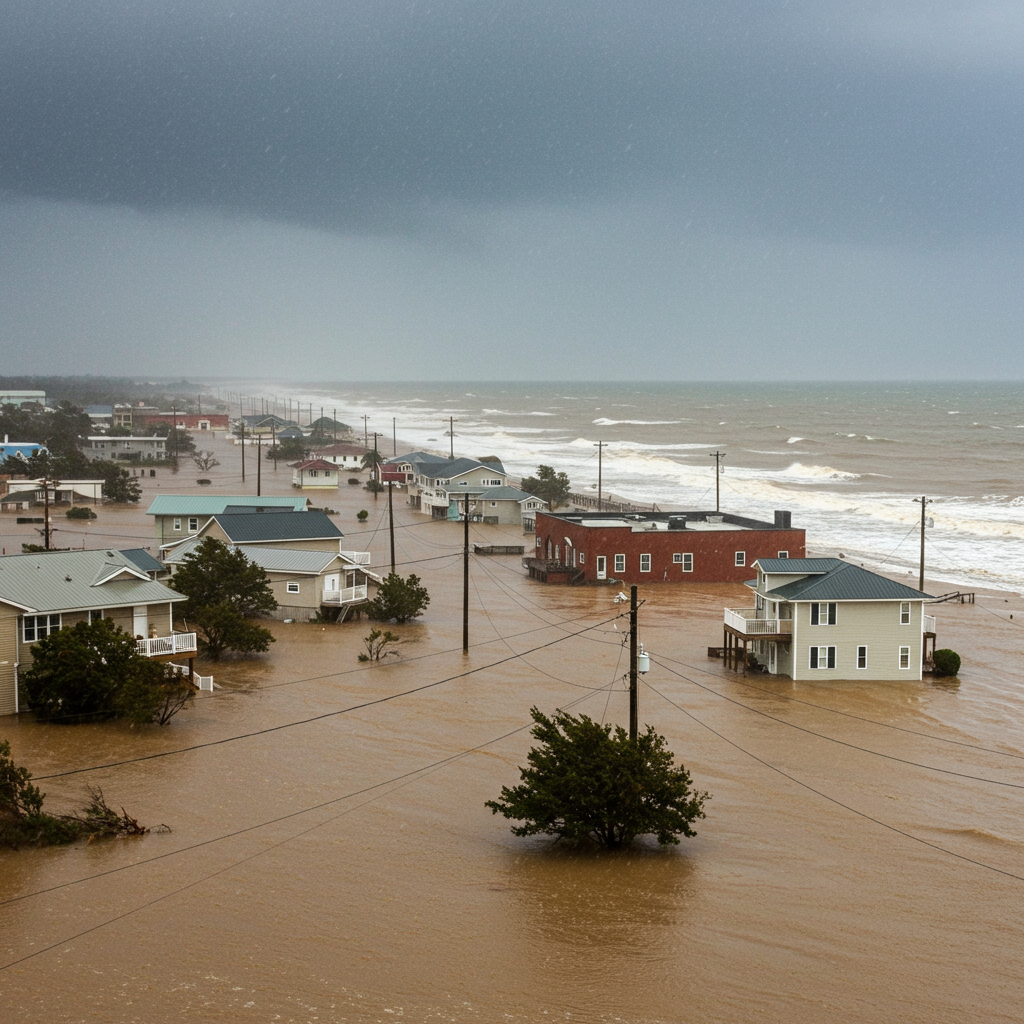Mahmoud Khalil Released from ICE Detention, Returns to New Jersey
After spending 104 days in U.S. Immigration and Customs Enforcement (ICE) custody, Columbia University graduate and Palestinian rights activist Mahmoud Khalil has been released. Khalil, a green card holder born in a Syrian refugee camp, arrived at Newark Liberty International Airport in New Jersey on Saturday, June 21, 2025, following a federal judge’s order for his release from detention in Louisiana.
Khalil was arrested by federal immigration agents in the lobby of his Manhattan apartment on March 8, 2025. His detention quickly drew national attention, particularly as it related to his prominent role in pro-Palestinian demonstrations at Columbia University.
Judge Orders Release, Citing ‘Unusual’ Detention
Mahmoud Khalil’s release came after U.S. District Judge Michael Farbiarz in New Jersey issued a strong ruling on June 20, ordering him freed while deportation proceedings continue. The judge found that the government had failed to prove Khalil was a flight risk or a danger to the community.
Judge Farbiarz characterized Khalil’s months-long detention as “highly unusual” and “potentially punitive,” suggesting it appeared to be an “effort to use the immigration charge to punish the petitioner” for his anti-Israel and pro-Palestinian speech. He also noted the detention could have a “chilling effect” on free speech. The judge explicitly stated, “[He] is not a danger to the community. Period, full stop,” finding a “lack of violence, a lack of property destruction, a lack of anything that might be characterized as incitement to violence” in his activism.
This federal court order superseded a decision by an immigration judge in Louisiana, who had denied Khalil’s request for bond on the same day. Judge Farbiarz had previously ruled against detaining Khalil solely based on Secretary of State Marco Rubio’s determination that his presence threatened U.S. foreign policy interests. While the judge allowed detention efforts to continue based on other potential issues, such as alleged misrepresentation on his green card application (which Khalil denies), he determined detention during these proceedings was unnecessary.
Targeted for Speech? Administration Alleges Hamas Ties, Foreign Policy Risk
The Trump administration had sought Khalil’s deportation, alleging his activities were aligned with Hamas and posed a risk to U.S. foreign policy. Secretary Rubio had specifically accused Khalil of participating in “antisemitic protests and disruptive activities” that “undermine U.S. efforts to combat anti-Semitism.” Despite these allegations, Khalil has not been charged with any crimes.
Congresswoman Alexandria Ocasio-Cortez, who greeted Khalil upon his arrival, condemned his detainment. She asserted that he was baselessly accused due to disagreement with his political speech advocating for Palestinian human rights, calling it a violation of his First Amendment rights and an “affront to every American.”
Khalil and his attorneys maintain that his detention was retaliatory punishment directly related to his outspoken criticism of Israel’s actions in Gaza and U.S. policy, arguing his speech is protected.
Government Criticizes Judge, Plans Appeal
The Department of Homeland Security (DHS) strongly criticized Judge Farbiarz’s decision, calling him a “rogue district judge” and alleging his action undermined national security and the constitutional system. DHS maintains that the administration acted within its authority and plans to appeal the ruling ordering Khalil’s release from custody.
The administration continues to argue that Khalil is removable based on both the antisemitism/Hamas support accusations and the alleged misrepresentation on his green card application, a claim his lawyers dispute.
Personal Cost and Commitment to Activism
Mahmoud Khalil’s detention carried a heavy personal toll. He was held in Louisiana, far from his legal team and heavily pregnant wife, Noor Abdalla. During his 104 days in custody, he missed the birth of his first child, his son Deen, as well as Mother’s Day, Father’s Day, and his Columbia graduation. He was only allowed one brief visit with his wife and son before his release.
Upon his arrival in New Jersey and reunion with his family, Khalil reaffirmed his commitment to continue his advocacy. “If they threaten me with detention, even if they would kill me, I would still speak up for Palestine,” Khalil said at a press conference. He added, “I just want to go back and continue the work I was already doing, advocating for Palestinian rights, a speech that should actually be celebrated rather than punished.” He criticized the Trump administration for targeting him, stating, “Trump and his administration, they chose the wrong person for this,” though he clarified “no right person who should be detained for actually protesting a genocide.”
Part of a Broader Pattern?
Khalil’s case is viewed by many as part of a broader pattern of the Trump administration allegedly targeting pro-Palestinian activists and students following increased campus activism related to the conflict in Gaza. His arrest was among the first high-profile incidents, preceding similar detentions of other activists.
Other cases include:
Mohsen Mahdawi: Another Columbia activist and green card holder arrested on similar grounds, released after about two weeks by a federal judge who found he was likely being punished for protected speech.
Rumeysa Ozturk: A Tufts University graduate student detained for over a month, released by a federal judge after her attorneys argued her detention related to an op-ed she wrote.
- Badar Khan Suri: A Georgetown postdoctoral fellow also reportedly targeted.
- www.cbsnews.com
- abcnews.go.com
- www.usatoday.com
- www.theguardian.com
- san.com
While Khalil has been released from detention, his deportation proceedings are ongoing. As conditions of his conditional release, he was required to surrender his passport and green card and has restricted domestic travel, primarily limited to family visits, court appearances, attorney meetings, and legislative engagements. Notably, the judge did not order electronic monitoring.
Khalil’s release is being celebrated by civil rights advocates as a significant victory for free speech, though the legal battle against his deportation continues. He has vowed to continue his activism, stating that “the fight is far from over,” particularly concerning the situation in Gaza and U.S. policy.



